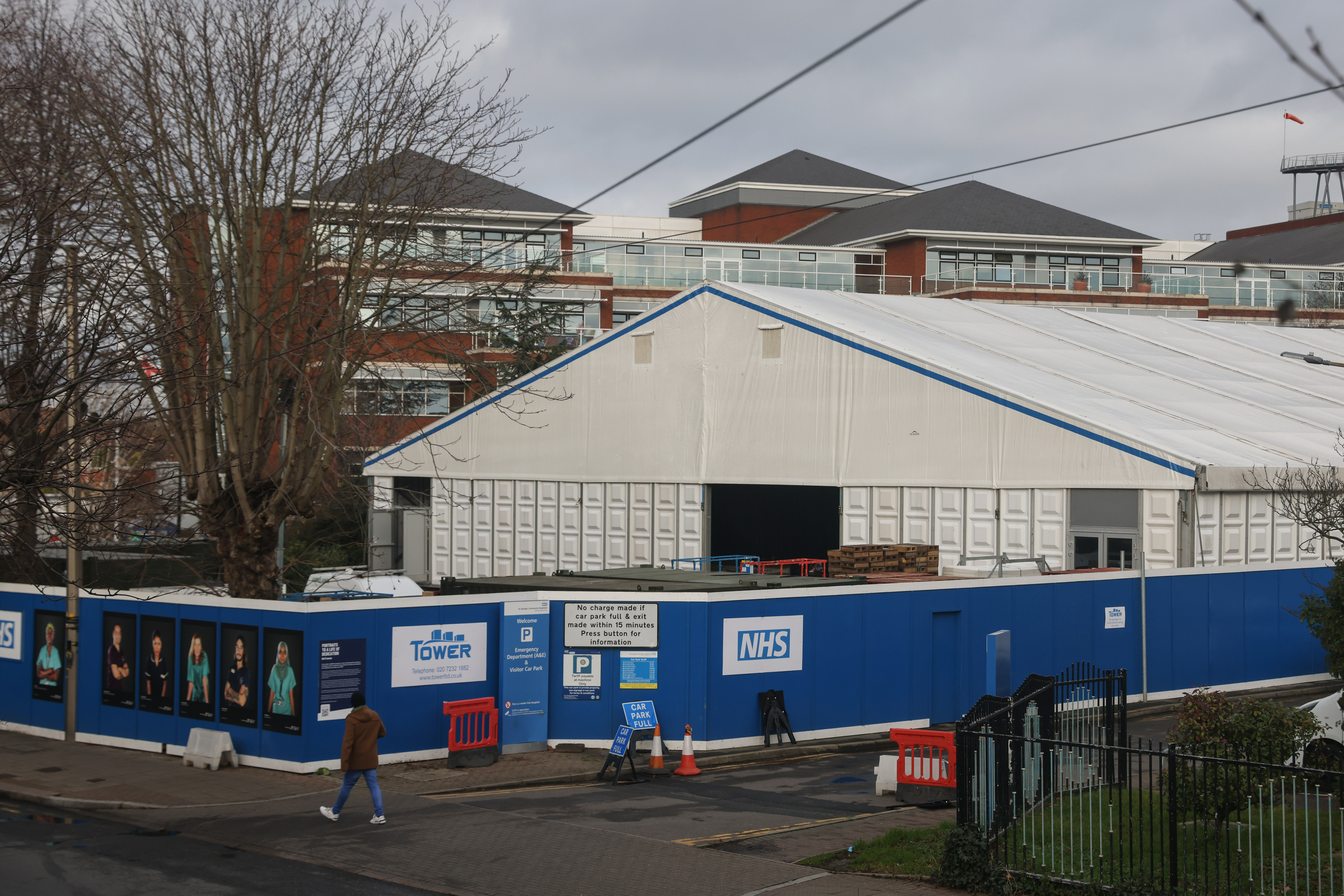
A report from healthcare estate firm the Darwin Group has emphasised the importance of collaboration across the healthcare sector and jobs for patient care and staff wellbeing.
Harnessing the potential of flexible modular buildings to directly reduce the NHS backlog can help transform the future of the service and make it secure for the long term, it explained.
The report, The End of the Waiting Line: The Five Point Plan, lays out the firm’s suggestions for using the resources currently available to support the NHS in facing its facilities and estate challenges.
To do so, it advised a greater focus on adaptable and modular buildings, built in collaboration with healthcare professionals, providers and suppliers, with particular attention paid to the impact of the working environment on productivity, efficiency, and morale.
The report explained: “During the Covid-19 pandemic, providers and suppliers across the sector came together to deliver major infrastructure projects at speed, like the Nightingale hospitals implemented across the country in 2020. We know what can be achieved when there is a clear, shared goal.”
The Darwin Group project was commissioned by Portakabin and endorsed by the NHS trust membership organisation NHS Providers.
‘A golden thread’
According to the report, thinking actively about the adaptability of NHS estates via early engagement and improved collaboration, alongside the inclusion of clinical strategies as a “golden thread” during capital building projects, is among the most important actions in building the resilience of the service for future generations.
It adds that by embracing an open culture that encourages collaboration through sharing knowledge, best practice, tactics and techniques, there is the potential to pool insights, learnings and actions from across different providers.
This, the report added, fosters a more robust and considered approach to tackling the problems presented by “our ageing healthcare estate”.
“When only addressing one area of the patient journey, this addresses one aspect of a wider issue,” the report added. “By understanding each stage of the end-to-end patient journey, we are better placed to recognise potential blockages and address issues before they arise.”
Collaboration across professions and stakeholders in healthcare can help to address the entire patient journey, while also assessing the needs and priorities of their estates into the future.
This applies to both long-term clinical strategies, including factors like workforce numbers or the role that digital services will play, as well as shorter-term needs, like temporary increases in service usage, the report continued.
Workforce wellbeing
Preparing facilities for future use will not merely enhance resilience and help to limit the impacts of the crises facing the service, but will also help to improve staff wellbeing, the report added.
The working environment is an “important factor contributing to the wellbeing of a workforce”, the report explained, which is why the unique needs of all users should be considered for every project.
Leading with “clinically-grounded and innovative” building designs will help to keep facilities up to date with the changing needs of the staff who use them most.
It emphasised that when facilities are not fit for purpose, much of the resulting pressures fall on staff.
“Ultimately, the level of care that staff can deliver is heavily reliant not only on having the right facilities and enough resources, but on their mental ability to carry out their job,” the report explained. “We must remember that this is the workforce that was on the very frontline of the global pandemic and having come through the other side, we are still in a situation where staff wellbeing is being challenged on a daily, if not hourly, basis.”
Five point plan
The remainder of the report’s five priorities for building an NHS that can meet demand, accommodate changing need and continue to reduce patient backlogs include:
- System-wide approach: To take a holistic approach to estates and goals, looking at the full system and pathway to avoid isolated fixes and, instead, encourage a future-proofed environment.
- Greater collaboration: To foster national and regional health sector collaboration to support the NHS and share best practices in techniques and tactics.
- Staff and patient experience:To lead with clinically-grounded and innovative building designs to enhance patient care and workforce wellbeing.
- Prevent the waste:Promote early engagement to reduce delays and costs, prioritise sustainability, and ensure estates are fit-for-purpose to prevent waste.
- Adaptability of estates: Design and deploy adaptable healthcare spaces that evolve to meet changing needs, ensuring full-circle utility and minimising wasted real estate.
To read the full report, clickhere.
(Image: A NHS Nightingale surge hub at the St George's Hospital, by Hollie Adams/Getty Images)
